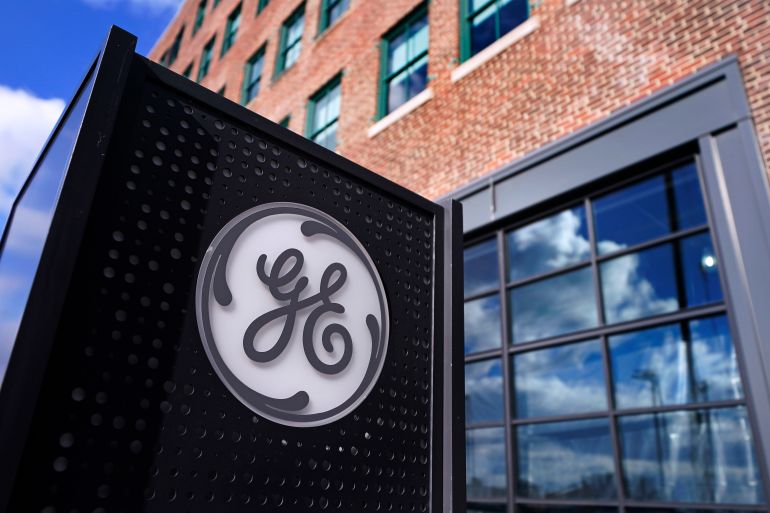Why are giant conglomerates falling out of fashion?
This week, General Electric, Toshiba and Johnson & Johnson all announced they were breaking up their empires into separate companies.

Bigger is not always better. That appears to be the verdict sweeping some of the biggest corporations on the planet this week.
After once-mighty United States conglomerate General Electric announced on Tuesday that it’s breaking itself up into three separate units, Japanese industrial giant Toshiba and US drugs and healthcare behemoth Johnson & Johnson followed suit on Friday, with spin-off announcements of their own.
Keep reading
list of 4 itemsBiden labels Japan and India ‘xenophobic’ along with China and Russia
KFC Malaysia temporarily closes outlets amid Gaza boycott
Turkey says it halts trade with Israel over Gaza aid access
Each firm has its own unique reasons for wanting to get small, but in general, conglomerates start spinning off units because they want to “unlock value”.
Put simply, that means they think investors see less value in the company’s businesses if they remain combined, and that shareholders will be better off if those businesses are spun off into separate companies.
Of course, the reasoning behind forming a conglomerate is that a giant firm with lots of businesses can find synergies and cost savings.
But such is the ebb and flow of the corporate landscape.
Just look at General Electric. Back in the 1980s, then-CEO Jack Welch achieved rock-star executive status by ditching businesses where GE didn’t dominate, buying up new ones where he thought the firm could be a market leader, and ruthlessly firing underperforming employees and managers – earning him the moniker “Neutron Jack”.
But just as shoulder pads have fallen out of fashion, so too have Jack Welch-style industrial giants.
Having struggled under its sheer weight for decades, GE finally decided to break itself up into three separate publically traded companies: aviation (which will keep the GE name), healthcare and energy.
Toshiba said on Friday that it is also breaking itself up by spinning off its energy infrastructure and computer devices units into two separate companies. The rest of its assets will be held under the Toshiba name.
Also on Friday, Johnson & Johnson said it is splitting into two separate companies. One as-yet-to-be-named unit will focus on healthcare products like Band-Aids, Listerine and over-the-counter medicines. The other – which will keep the J&J name – will encompass prescription drugs and medical devices.
But this week’s announcements don’t mean investors are turning against all big corporations.
Just look at the technology sector. On Monday, Google parent Alphabet breached the $2 trillion value mark for the first time, joining the likes of Microsoft and Apple in the exclusive $2 trillion-and-higher valuation club.